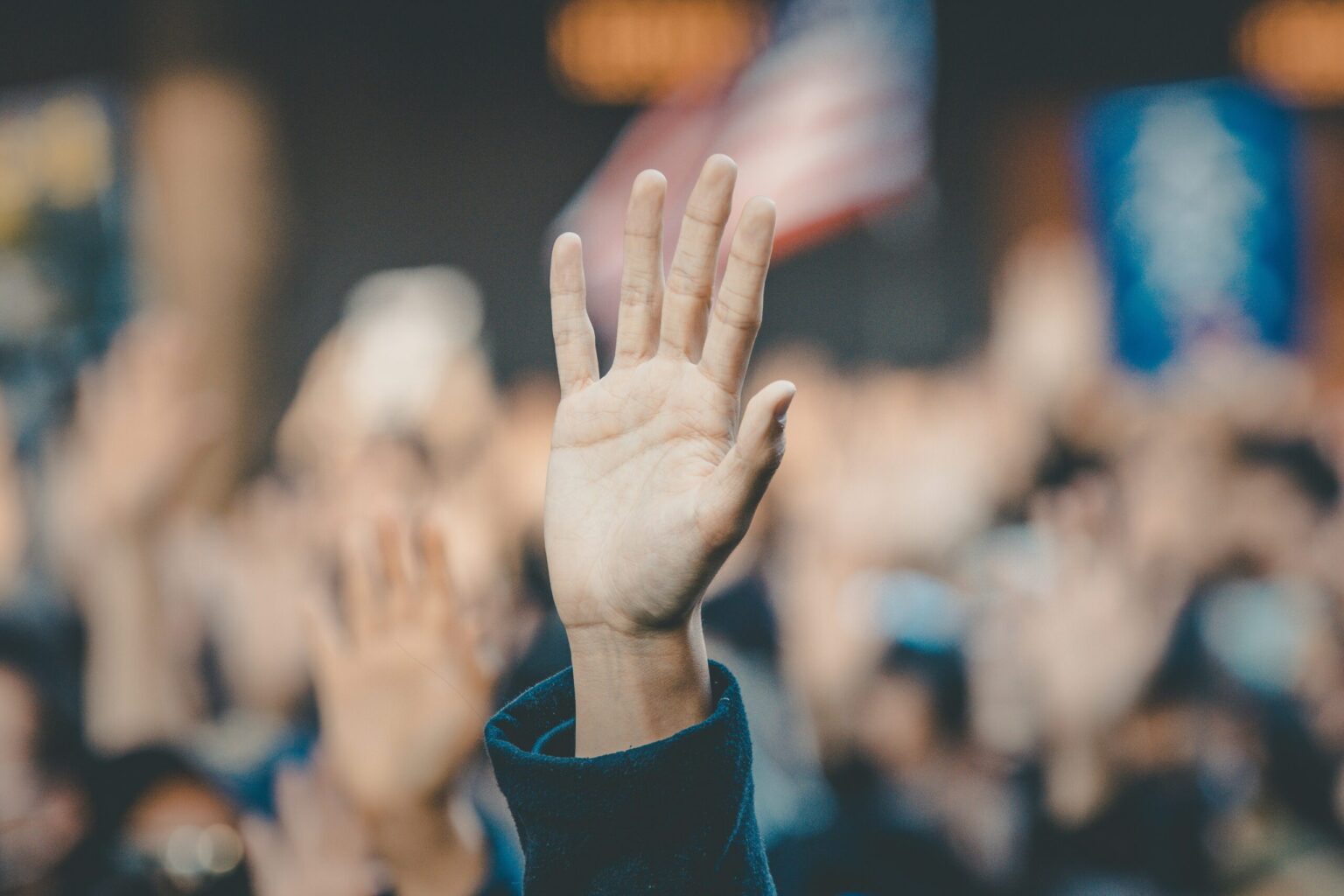In August 2024, mental health took center stage during the Men’s Health Awareness Week, with a significant focus on addressing the stigma that often prevents men from seeking help for mental health issues. Across major cities in the United States, public health campaigns led by organizations like the National Institute of Mental Health (NIMH) aimed to shed light on the importance of mental wellness for men.
One of the most notable aspects of the campaign was its ability to tackle the social stigma that surrounds mental health. Men, particularly in western societies, have often been conditioned to perceive vulnerability as a weakness. This societal pressure has led to higher rates of depression, anxiety, and suicide among men, even though they are less likely to seek help compared to women. According to the American Psychological Association (APA), men are four times more likely to die by suicide than women, with a significant gap attributed to their reluctance to engage in mental health care.
Public service campaigns during this week included social media efforts, mental health screenings at workplaces, and high-profile panel discussions involving mental health experts and celebrities. One particularly impactful moment was when actor and advocate, John Stewart, opened up about his own struggles with mental health, encouraging men to speak out. These high-profile endorsements played a critical role in challenging the old, outdated norms surrounding male mental health.
The lasting effects of this week-long campaign have been significant. Recent surveys indicate that men are now more willing to discuss their mental health openly, with many stating that they feel more comfortable reaching out for support. National helplines have reported a steady increase in calls from men seeking therapy or counseling. Furthermore, businesses across the country are increasingly incorporating mental health policies into their employee wellness programs, offering resources and time off to support men who may be struggling.
Beyond just raising awareness, the campaign has spurred real changes in how mental health services are provided to men. The trend of focusing on men’s mental wellness has led to an increase in teletherapy services and apps, making therapy more accessible. As the stigma continues to fade, it’s clear that men are taking charge of their mental health in ways they never have before.
